Hybrid work, hybrid energy: Smarter solutions for changing office spaces.
The impact of flexible work arrangements on office energy management
In the age of hybrid workstyles, there’s an opportunity for commercial real estate operators to incorporate smarter Energy Management Systems (EMS) amid changing occupancy levels. According to EY’s Work Reimagined Survey, 76% of employers in Singapore have implemented hybrid work policies, allowing employees to work remotely two to four days per week.1
This shift has led to fluctuating office occupancy levels, requiring a more adaptive approach to energy management. Traditional, static energy consumption models are no longer sustainable, emphasising the need for dynamic, data-driven solutions that optimise energy usage in response to real-time demand.
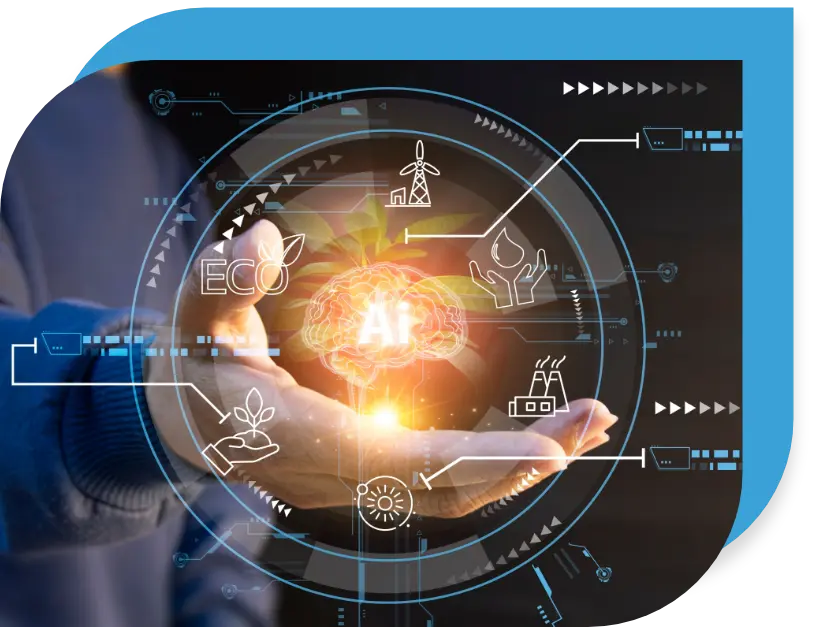
a suite of solutions for hybrid workstyles
With unpredictable occupancy patterns, commercial real estate operators must embrace intelligent EMS that adjust dynamically. SP’s GET suite of solutions offer an integrated approach, leveraging AI, Internet of Things (IoT) and timely analytics to optimise energy consumption. From electricity consumption monitoring to microclimate control, GET provides actionable insights that enhance efficiency and sustainability.
SP’s GET enables commercial property operators to efficiently manage energy consumption while maintaining tenant comfort and reducing their carbon footprint.
In a hybrid workplace, occupancy can fluctuate by the hour. GET Insights empowers building managers to make timely, data-informed decisions that reflect actual usage:
Monitor energy usage with AI-driven analytics:
Adapt to unpredictable work patterns by using AI to detect consumption anomalies. This enables faster responses and prevents unnecessary energy wastage when offices aren’t operating at full capacity.
Track electricity consumption with smart meters:
Track energy use precisely across different zones or tenants. This allows smarter scheduling of building systems and accurate billing based on actual, not estimated, usage.
Utilise a centralised monitoring digital dashboard:
Access an intuitive dashboard that visualises energy performance, trends and anomalies. Building managers can identify underutilised areas and optimise energy operations based on hybrid occupancy trends.
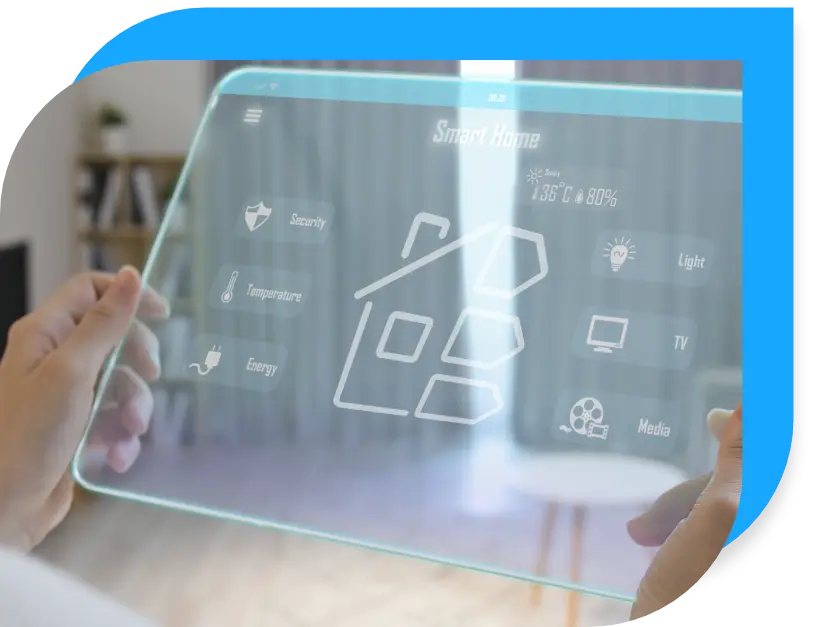
By identifying peak consumption periods and inefficiencies, building managers can match energy output to actual demand. This avoids overcooling, overlighting and unnecessary costs.
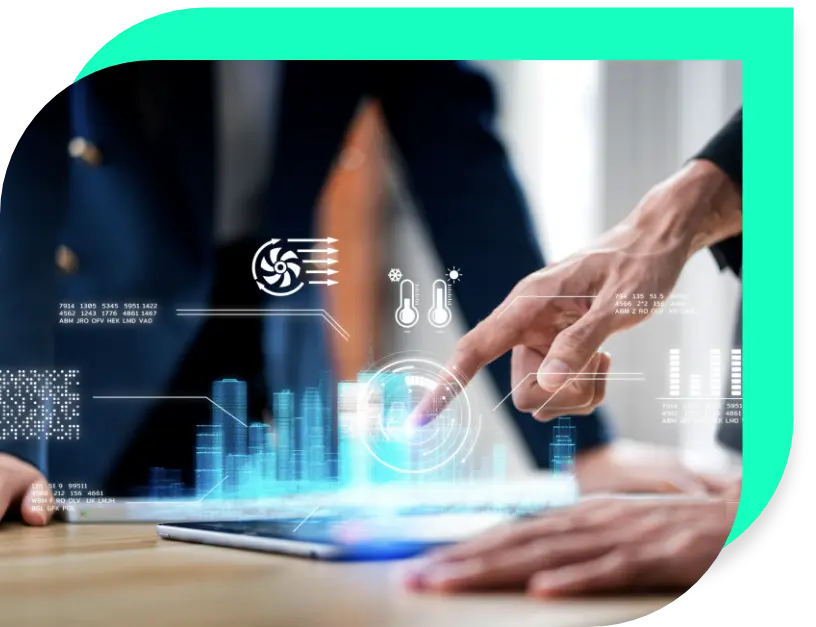
Proactive management is essential for energy efficiency. GET Control is a self-learning building intelligence system that utilises AI and IoT to optimise air-conditioning based on occupancy and ambient weather conditions. This system includes:
Office airflow control for optimal comfort:
Divide open-plan offices into independent micro-zones, so underused spaces can reduce airflow while active zones stay comfortable. This is ideal for hybrid desk booking and rotational work schedules.
Responsive Air-Conditioning and Mechanical Ventilation (ACMV):
Automatically scale cooling and ventilation based on actual worker headcount and weather conditions to avoid waste when spaces are empty or only partially filled.
Building intelligence system capabilities:
Integrate GET’s intelligence onto existing Building Management Systems (BMS) to unlock adaptive energy control. No major retrofitting is required. Buildings can now evolve alongside flexible work styles.
Implementing GET® Control can lead to significant energy savings, potentially reducing cooling energy consumption by up to 30% and carbon emissions by 18%.
Energy management in hybrid workspaces is a shared responsibility. GET empowers tenants with automated tenant submetering designed to help landlords and property owners efficiently manage tenant utilities consumption. This solution provides:
Personalised energy usage data for tenants:
Allow tenants to track their own energy usage, enabling them to adjust their habits in response to flexible work hours and hybrid occupancy.
Insights into behavioral impact on building efficiency:
Understand how tenant routines, like staggered arrival times or desk-sharing, impact total energy usage. And use these insights to fine-tune energy strategies.
Recommendations for smarter energy consumption habits:
Deliver custom, context-specific suggestions that help tenants use energy more responsibly, from equipment shutdown practices to off-peak cooling.
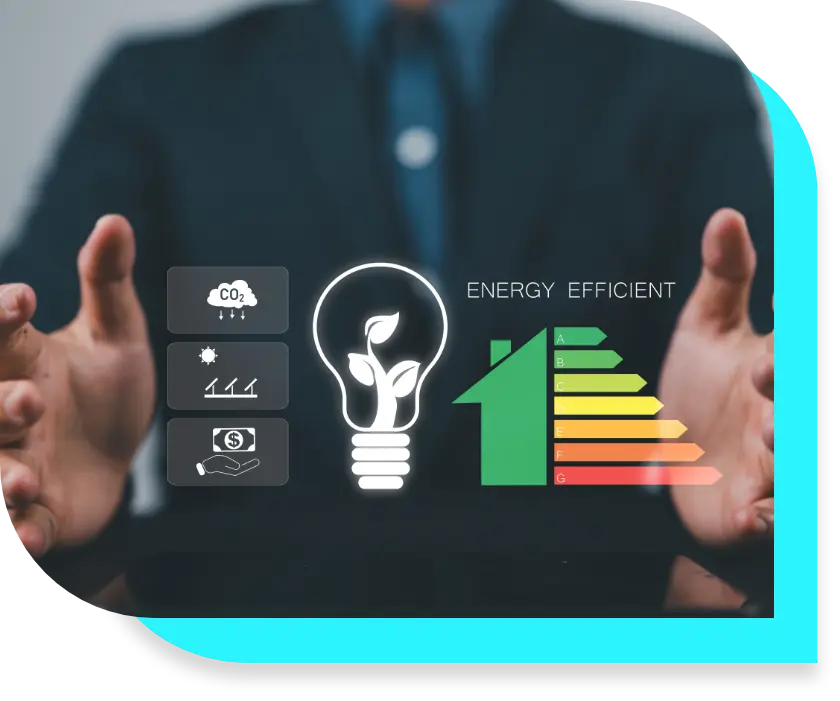
By promoting transparency and collaboration, GET enhances tenant engagement, improves operational efficiency, and supports collective sustainability efforts. Integrating these solutions enables commercial real estate operators to adapt to the evolving landscape of flexible work arrangements, ensuring energy management practices are both efficient and responsive to changing occupancy patterns.
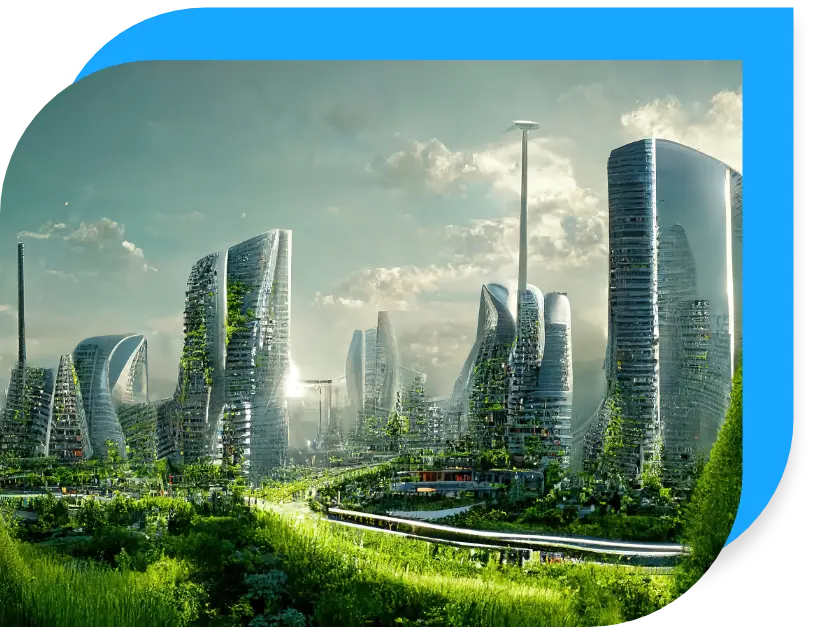
Beyond conventional energy management, commercial property operators must look to the future. Integrating solutions like EV Charging Management Systems to support electric mobility and smart meters for granular electricity tracking can further enhance sustainability efforts.
As Singapore moves toward a greener future, adopting EMS that are powered by AI and IoT is more than a necessity. It’s a business advantage. By leveraging SP’s GET, commercial real estate operators can achieve SLEB standards, optimise resources and build smarter, more sustainable office spaces.
Contact us about SP’s agile energy management systems.
Footnotes
1Ernst & Young. Work Reimagined Survey. EY, 2024. https://www.ey.com/en_sg/insights/workforce/work-reimagined-survey

